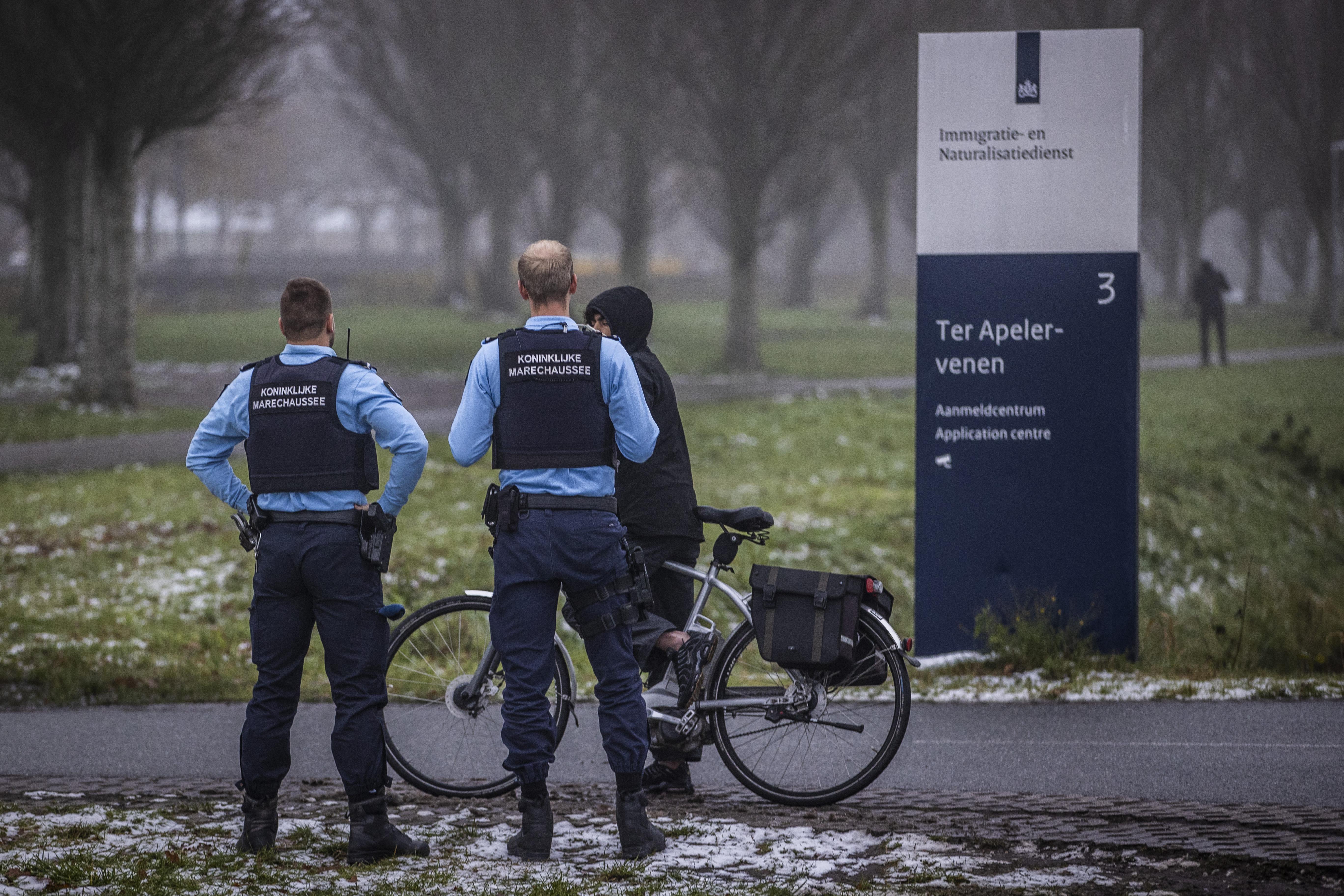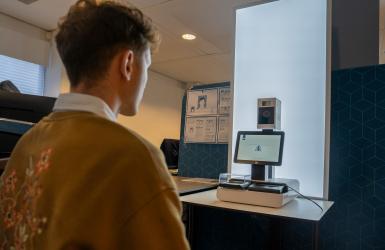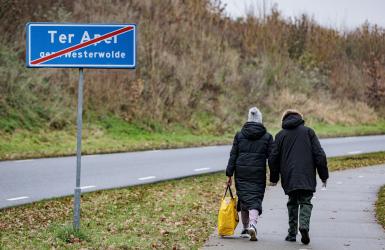Nuisance caused by asylum seekers is a major concern, especially when incidents occur. Not only the media and politicians are keeping a close eye on this, but society as a whole is also watching critically. But what exactly is the definition of nuisance? And how does the IND address this?
What is nuisance?
There is always a grey area when it comes to nuisance. What is annoying for one may be perfectly acceptable to someone else. This is why the IND uses the Aliens Act Implementation Guidelines, which the policy rules that apply to immigration policy. Nuisance includes, among other things:
- harassing fellow residents or staff at shelters;
- repeated aggressive behaviour (verbal or physical);
- committing acts of vandalism or causing incidents near shelters;
- discrimination or intimidation;
- committing criminal offenses in or around shelters or on public transport.
How does the IND address nuisance complaints?
Asylum seekers who cause trouble and who are unlikely to receive a residence permit are processed as quickly as possible. Their case is prioritised and, where possible, the rest and preparation period is skipped. This way, the case can be processed more quickly, allowing the IND to clarify the applicant’s residency status sooner and limit further nuisance.
To be clear, nuisance never leads to obtaining a residence permit more quickly. If the intervention team cannot take on a case because the person in question has a good chance of receiving a residence permit, a plan of action is drawn up by the cooperating organisations. This may be done during a local chain consultation organised by the AZC (asylum seekers' center) where the troublemaker resides.
Intervention teams
To speed up the asylum process, the IND needs support from various partners. In Ter Apel and Budel, IND intervention teams work together closely with partners such as the COA, the Aliens Police, Identification and Human Trafficking Department (AVIM) and the Repatriation and Departure Service (DTenV). The earlier nuisance is reported, the more effective action can be taken.
An accelerated approach often looks as follows:
- Identification: The COA, police or IND officers report the nuisance to the intervention team.
- Assessment: The IND investigates whether the person causing the nuisance has little chance of receiving a residence permit.
- Acceleration: If the troublemaker does not have a good chance of receiving a residence permit, the application process is accelerated. Where possible, the rest and preparation period is skipped, and the start of the asylum process is brought forward. All chain partners work together to make sure that the accelerated process runs smoothly. The COA, for example, will hand invitations from the IND to the asylum seeker in person, or even accompany them to their hearing.
- Handover to DTenV: The asylum seeker is immediately handed over to DTenV, which conducts a departure interview right away to enable a swift return. DTenV is prepared for this, because the Cooperating organisations have already discussed the case in a chain consultation.
To learn more about how these intervention teams work, read the article ‘Troublemakers don’t go unpunished’ (only available in Dutch) in VreemdelingenVisie.
In practice
A young man shows up at the Ter Apel application centre. Shortly after arriving, he causes several incidents: he threatens other residents, destroys property, slams doors and insults staff. The COA immediately reports this nuisance to the IND. The young man’s record shows that he has previously committed criminal offences.
Because other people from his country of origin are usually denied asylum, the IND prioritises his application. He is interviewed and rejected within a couple of days .
The IND issues the decision at the Ter Apel application centre. DTenV officers are present to conduct a departure interview right away.
Case-by-case basis
While calls for swift action are understandable, application processes are only accelerated if it is legally possible and justifiable to do so. Asylum seekers who cause trouble are never deported without due process. And rejections must be properly substantiated, even if there are serious nuisance complaints about the applicant. Also, Dublin procedures – in which another EU country is responsible for the asylum application – are more difficult to accelerate. This is because the IND has to wait for a response from the other country before it can proceed.
Sometimes people cause trouble because of mental health issues, trauma or addiction. In these cases, the IND also tries to speed up the asylum process wherever possible. Although nuisance complaints do not play a role in the assessment of applications, the IND may request medical advice before a hearing.
The IND takes action where possible and necessary, but always with care and in collaboration. Working on a case-by-case basis remains important.



